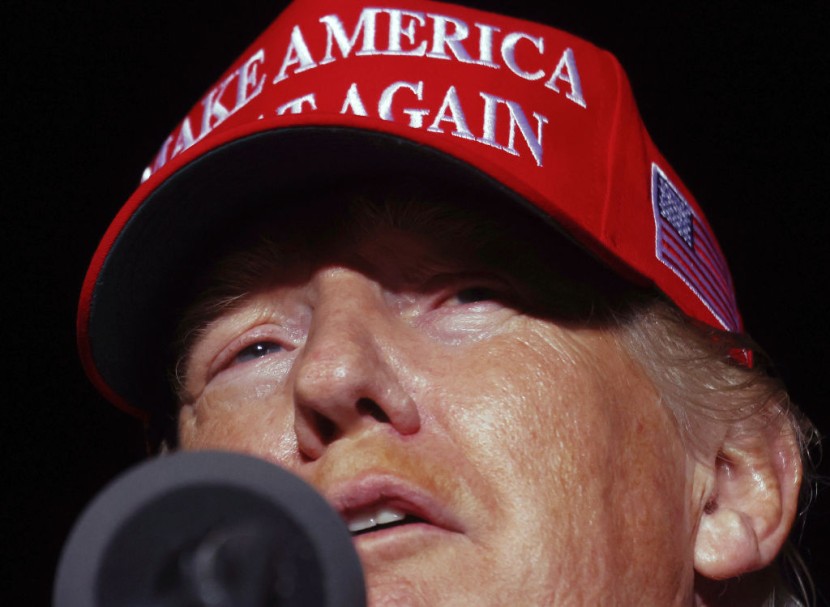
Former United States President Donald Trump's legal battle to shield Jan. 6 records has officially ended after the Supreme Court rejected his bid on Tuesday to keep the documents from the House Select Committee.
The panel is responsible for investigating the events leading up to the unprecedented attack on Capitol Hill. The Republican businessman asked the high court in December to take up his appeal of a decision from a federal appeals court in the District of Columbia that rejected his efforts.
Trump's Legal Battle
The lower court argued that Trump was not able to provide sufficient evidence and had "no basis" to override President Joe Biden's rejection of executive privilege. The District of Columbia's Court of Appeals' decision remains in place thanks to the Supreme Court's ruling.
The former president also asked the Supreme Court to stop the transfer of records from the National Archives and Records Administration to House investigators. However, the justices declined to do so last month, allowing the panel to gain access to more than 700 pages of records earlier this month, as per CBS News.
The former president and his allies have been involved in a long-running legal battle with the committee over access to documents and witnesses. The panel said that it needed to obtain the records to understand what role Trump had in inciting or causing the violence during the Jan. 6 riot.
The House Select Committee has requested the National Archives to produce visitor logs, phone records, and written communications between Trump's advisers. Biden, who took office two weeks after the violent Capitol Hill riot, deemed that executive privilege was not something he should give to his predecessor.
According to Yahoo News, the legal principle protects the confidentiality of some internal White House communications, such as the Trump White House's documents.
The Supreme Court's decision on Tuesday did not include a further explanation as to why the justices decided not to take up the case. The situation comes as the National Archives continues to process records during the Trump administration requested by the House Select Committee.
Executive Privilege
While Trump's latest efforts have been thwarted, the case that was before the Supreme Court dealt with a specific set of documents. This means that the former president could still challenge the acquisition of the records by the committee.
In a statement, the public accountability watchdog, Citizens for Responsibility and Ethics in Washington, said that they expected the decision of the Supreme Court. However, they noted that while expected, they said the decision was still good to be seen.
The House Select Committee, chaired by Democratic Rep. Bennie Thompson, is scrutinizing the attempts of hundreds of Trump supporters to block congressional certification of Joe Biden's November 2020 win with a violent protest on Jan. 6, 2021.
The recent development could be seen as a victory for investigators who are analyzing the details of the riot and how deep Trump and his allies were connected. The situation comes after the former president's lawyers argued that the Republican businessman still had the right to assert executive privilege, despite Biden's refusal, Aljazeera reported.
Related Article:








